Hidden Ingredients to Watch Out for in Isolate Protein Powders
Hidden Ingredients in Protein have become a staple for fitness enthusiasts and health-conscious individuals. Among the myriad options, isolate protein powders stand out for their high protein content and low levels of carbohydrates and fats. But not all isolate protein powders are created equal. Hidden ingredients can undermine their quality and impact your health. This article sheds light on the ingredients you should watch out for, empowering you to make informed decisions about the products you consume.
What Are Isolate Protein Powders?
Hidden Ingredients in Protein are refined forms of protein derived from sources like whey, soy, or peas. They undergo additional processing to remove most fats and carbohydrates, leaving behind a product that typically contains over 90% protein by weight. Due to their purity, they are favored by athletes, bodybuilders, and anyone seeking high-quality protein supplementation.
However, the refinement process doesn’t always guarantee quality or transparency. Some manufacturers add hidden ingredients that may compromise the product’s integrity or even pose health risks.
Why Quality and Transparency Matter in Protein Powders
Hidden Ingredients in Proteinty Ingredients
Importance and High-Qaulity
Choosing a protein powder with high-quality ingredients ensures better absorption, improved results, and fewer side effects. High-quality proteins also contain essential amino acids required for muscle repair, immune function, and overall health.
The Role of Transparency in Product Labeling
Transparency in labeling allows consumers to understand exactly what they are consuming. When brands disclose all ingredients clearly, it fosters trust and helps buyers avoid substances that may cause allergies or harm.
Hidden Ingredients to Watch Out For
Artificial Sweeteners and Flavorings
What Are Artificial Sweeteners?
Artificial sweeteners like sucralose, aspartame, and saccharin are often added to isolate protein powders to enhance taste without increasing caloric content.
Potential Risks:
- Digestive Issues: Sucralose and aspartame can cause bloating, gas, and diarrhea in sensitive individuals.
- Health Concerns: Some studies link artificial sweeteners to metabolic disruptions and potential long-term health risks.
How to Spot Them:
Look for terms like “sucralose,” “aspartame,” or “artificial flavoring” on the ingredients list.
Fillers and Thickeners
Common Types:
- Maltodextrin
- Carrageenan
- Xanthan gum
Why They Are Added:
Fillers and thickeners improve the texture and consistency of the protein powder, making it creamier and easier to mix.
Potential Risks:
- High Glycemic Impact: Maltodextrin can spike blood sugar levels, counteracting the low-carb benefits of isolate protein powders.
- Digestive Discomfort: Carrageenan and xanthan gum may irritate the digestive tract in some individuals.
Hidden Sugars
Why It’s a Concern:
Some isolate protein powders contain added sugars under deceptive names like “evaporated cane juice” or “molasses powder.”
Health Implications:
Excess sugar can contribute to weight gain, insulin resistance, and energy crashes.
How to Detect Hidden Sugars:
Check for terms like “malt syrup,” “dextrose,” or “fructose” on the label.
Preservatives
Common Preservatives:
- Sodium benzoate
- Potassium sorbate
Purpose:
Preservatives are added to prolong shelf life and prevent microbial growth.
Risks:
- Allergic Reactions: Some preservatives may trigger allergic responses in sensitive individuals.
- Potential Carcinogens: When combined with certain substances, preservatives like sodium benzoate can form benzene, a known carcinogen.
Heavy Metals
Sources of Contamination:
Heavy metals like lead, arsenic, and cadmium can enter protein powders during manufacturing or through contaminated raw materials.
Health Risks:
- Neurological Issues: Long-term exposure to heavy metals can impair cognitive function.
- Kidney Damage: Heavy metals can strain the kidneys, especially for individuals with pre-existing conditions.
How to Avoid:
Choose brands that conduct third-party testing and provide certificates of analysis (COAs).
How to Choose a Safe and High-Quality Isolate Protein Powder
Look for Transparent Labels
Key Indicators of Transparency:
- Clear ingredient lists
- Absence of vague terms like “proprietary blend”
Why It Matters:
A transparent label allows you to assess the quality and safety of the product.
Prioritize Third-Party Testing
What Is Third-Party Testing?
Independent testing verifies the product’s claims and checks for contaminants like heavy metals and banned substances.
Benefits:
- Ensures product safety
- Confirms protein content accuracy
Avoid Unnecessary Additives
What to Skip:
- Artificial sweeteners
- Excessive flavorings
- Preservatives
Why It’s Important:
Fewer additives reduce the risk of side effects and ensure you’re consuming a cleaner product.
Choose Trusted Brands
How to Identify Trustworthy Brands:
- Positive customer reviews
- Established reputation in the industry
- Transparency about sourcing and manufacturing
Examples of Certifications to Look For:
- NSF Certified for Sport
- Informed-Choice
- USDA Organic
Additional Tips for Identifying Hidden Ingredients
Decode Ingredient Names
Common Misleading Terms:
- Natural flavors: May contain synthetic components
- Protein blend: Could include lower-quality proteins
How to Research:
Use online resources or contact manufacturers directly for clarity.
Be Wary of Health Claims
Examples of Misleading Claims:
- “Sugar-Free”: May contain artificial sweeteners
- “All-Natural”: Doesn’t always mean additive-free
What to Do:
Cross-check claims with the ingredient list and third-party test results.
Conclusion
The growing demand for hidden Ingredients in Protein makes it crucial to prioritize quality and transparency. Hidden ingredients like artificial sweeteners, fillers, and heavy metals can compromise your health and negate the benefits of supplementation. By scrutinizing labels, choosing trusted brands, and avoiding unnecessary additives, you can ensure you’re consuming a product that supports your fitness goals and overall well-being.
Remember, your health is an investment, not an expense. Take the time to research and choose products that align with your values and nutritional needs.
For a curated selection of high-quality and transparent protein supplements, visit Syner Nutrition today. Discover products that prioritize your health and fitness journey!
FAQs
- What makes isolate protein powders different from other types of protein powders?
Hidden Ingredients in Protein undergo additional processing to remove most fats and carbohydrates, resulting in a product that is over 90% protein by weight. This makes them purer and more suitable for individuals focusing on high protein intake with minimal extras. - Why should I avoid artificial sweeteners in isolate protein powders?
Artificial sweeteners like sucralose and aspartame can cause digestive discomfort and may be linked to metabolic disruptions. Opting for powders without artificial additives ensures a cleaner and safer product. - How can I identify hidden sugars in protein powders?
Hidden sugars are often listed under deceptive names like “evaporated cane juice,” “malt syrup,” or “dextrose.” Always read the ingredient label carefully to avoid these additives. - Are heavy metals common in isolate protein powders?
Heavy metals can contaminate protein powders during manufacturing or through raw materials. Choosing brands that conduct third-party testing and share certificates of analysis can help you avoid products with unsafe levels of heavy metals. - What certifications should I look for when buying isolate protein powders?
Look for certifications like NSF Certified for Sport, Informed-Choice, or USDA Organic. These certifications indicate that the product has undergone rigorous testing for quality, safety, and purity.



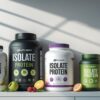
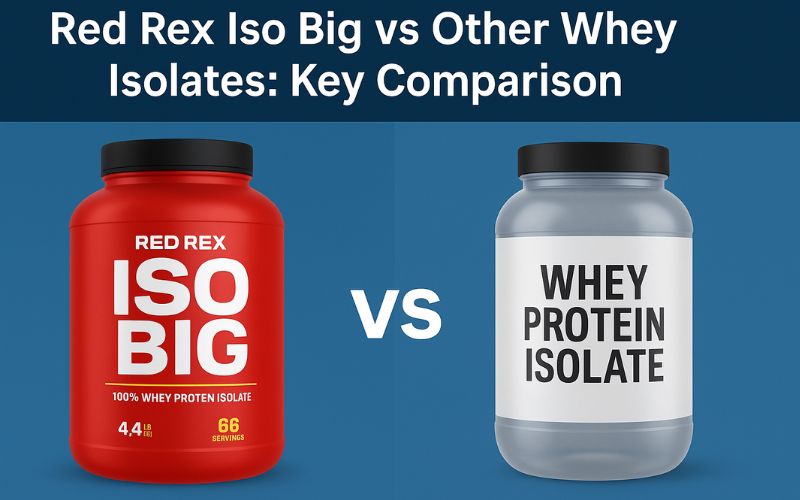
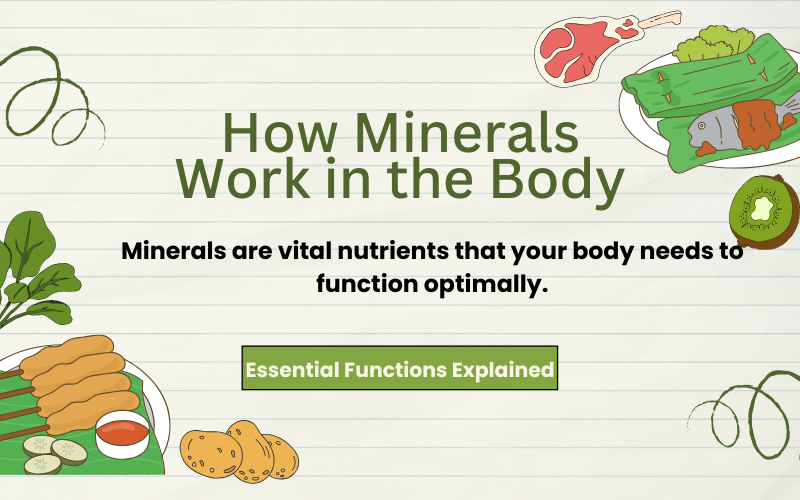
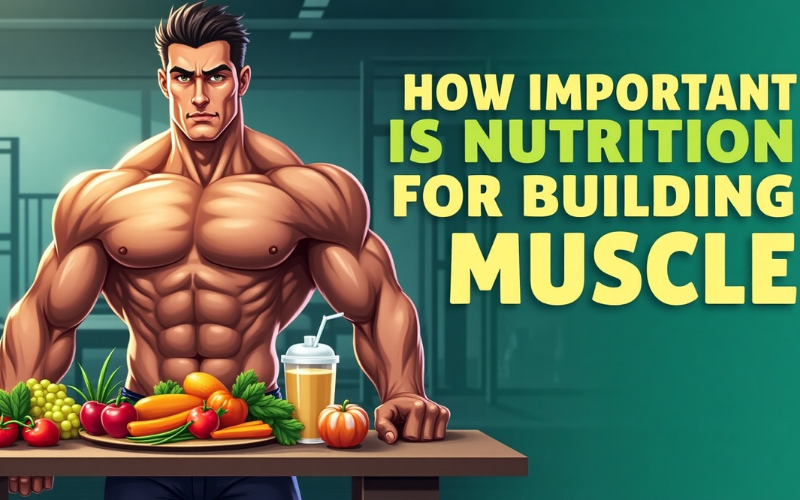
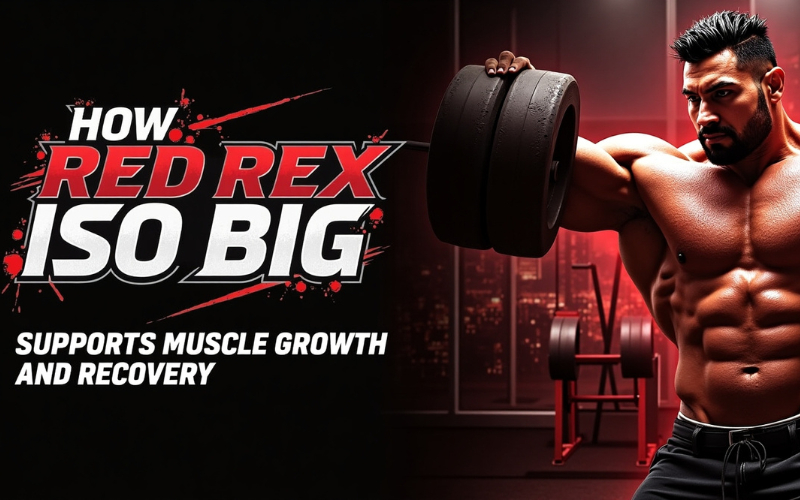
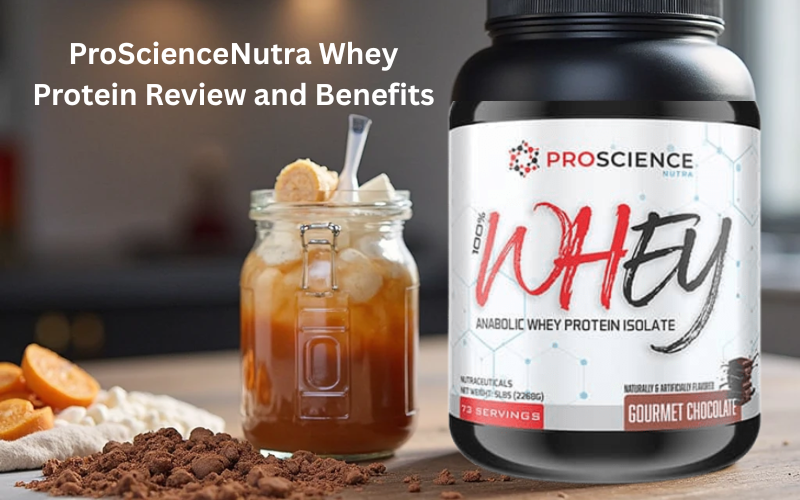
Add comment